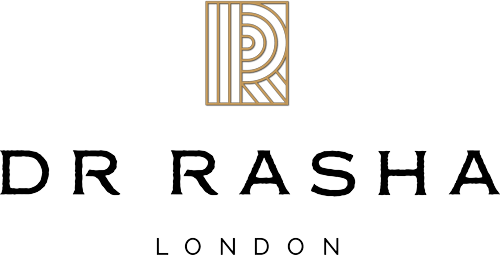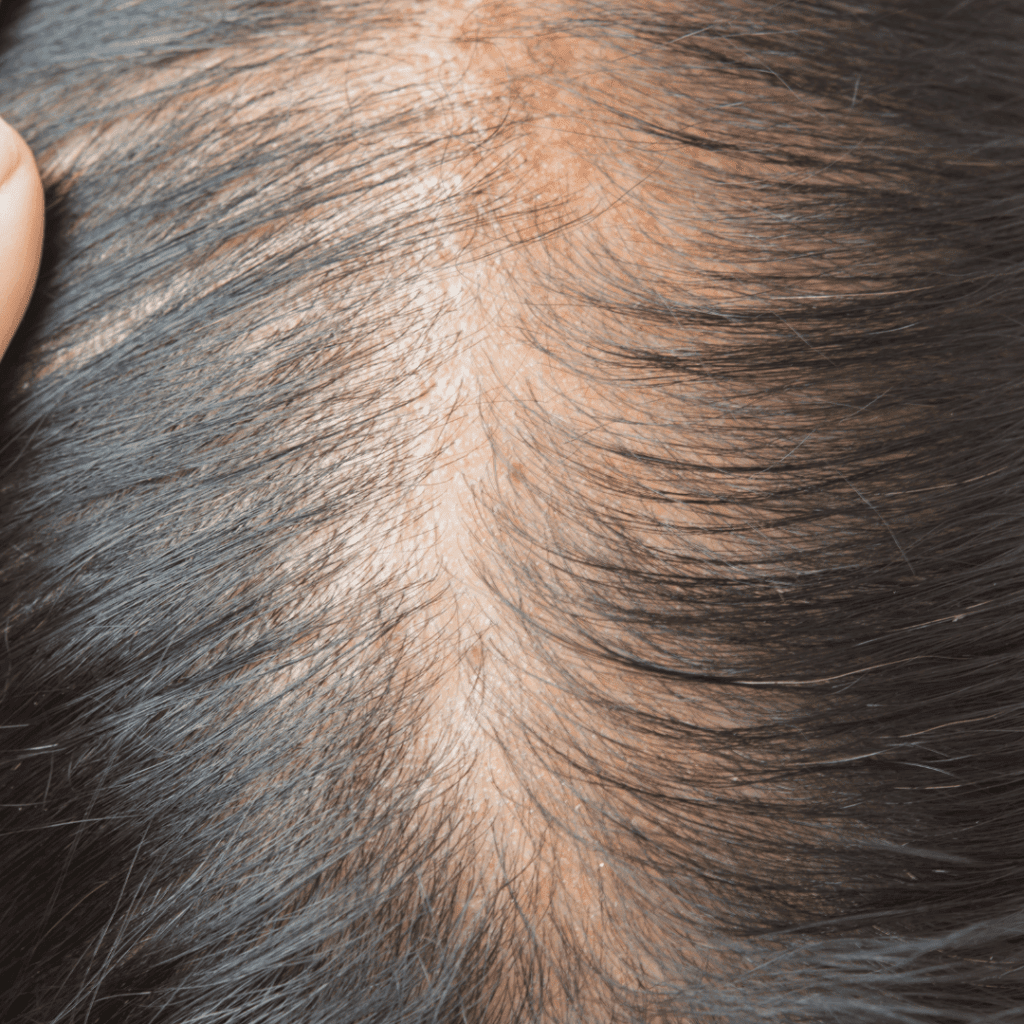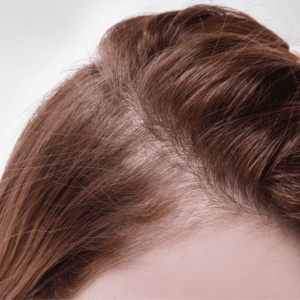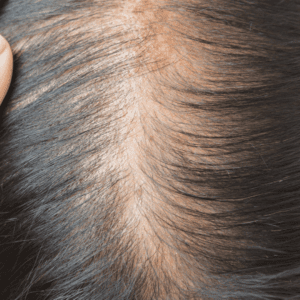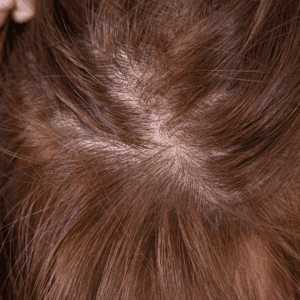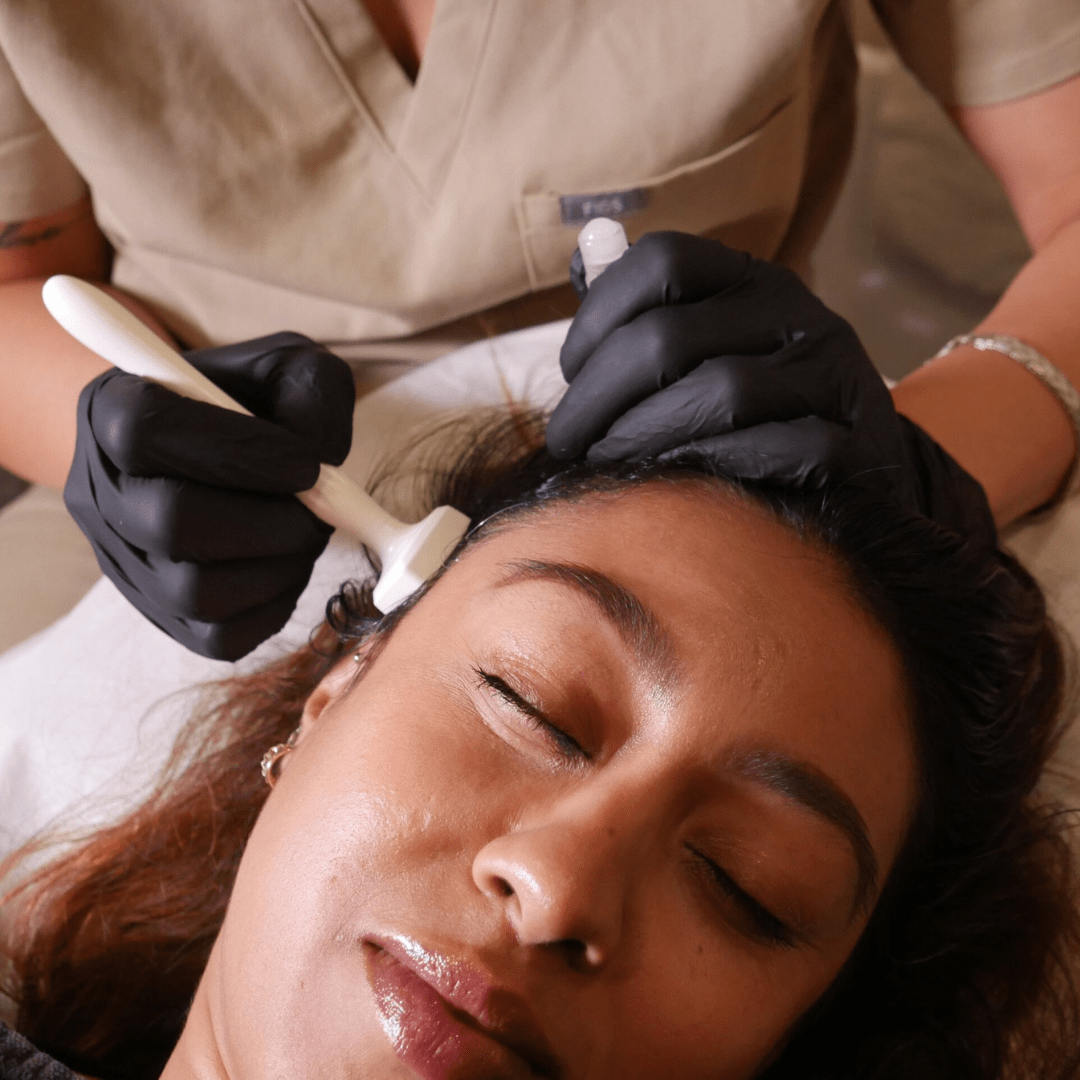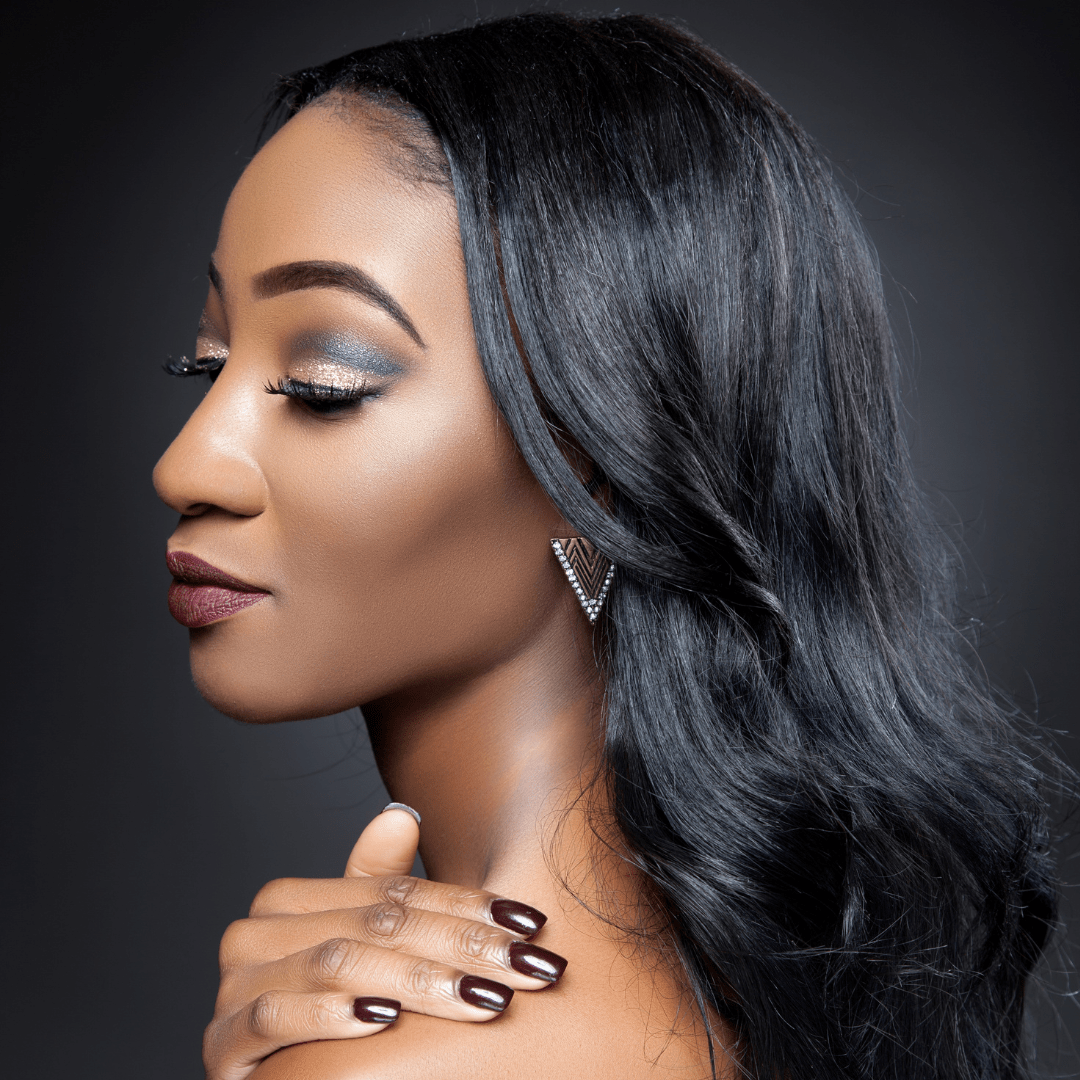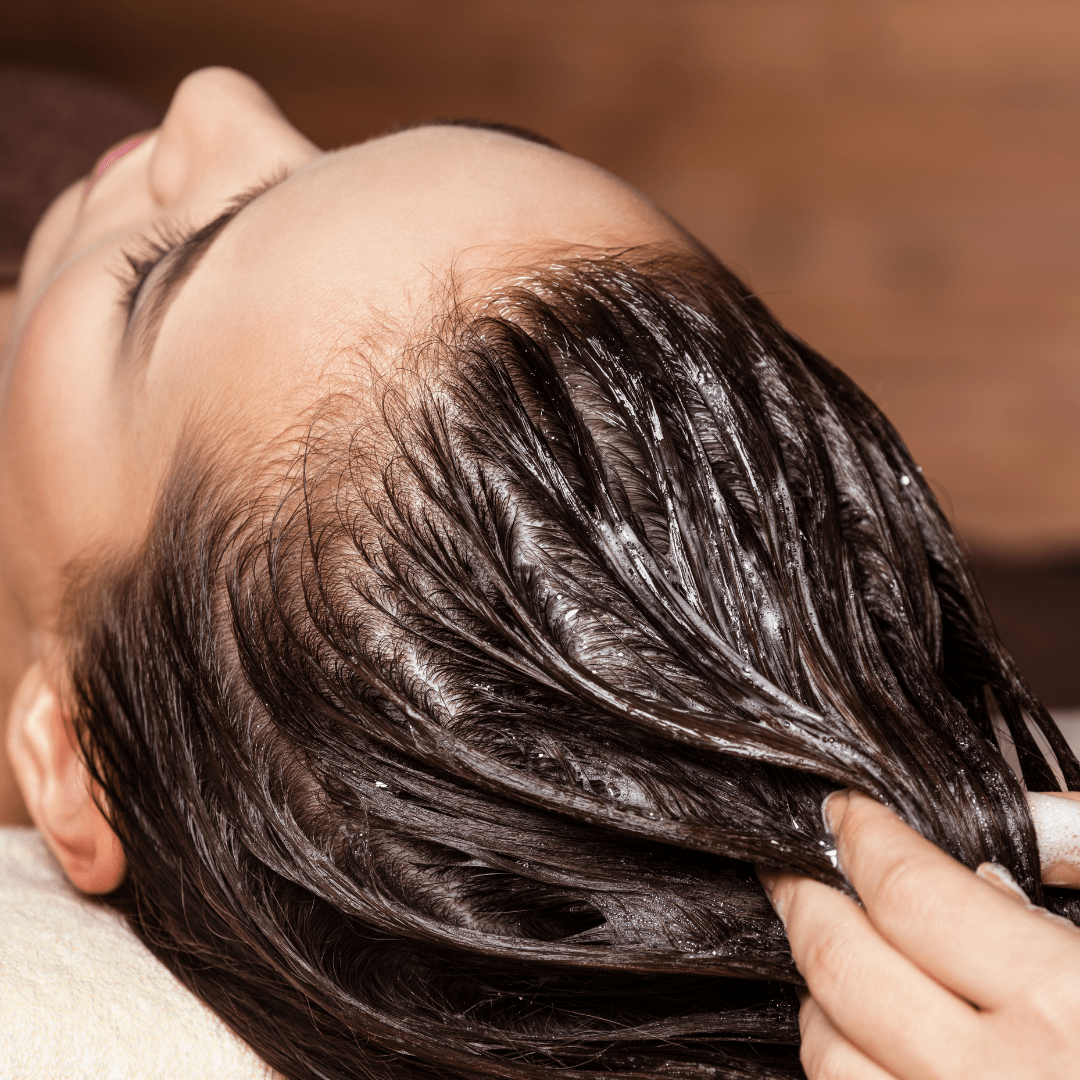GOOD rating
Based on 142 reviews I was treated by Stefania and Ria for emsculpt for my abs. I’ve only had one session yet and have seen a difference already. Love my results can’t wait for my next session!
I was treated by Stefania and Ria for emsculpt for my abs. I’ve only had one session yet and have seen a difference already. Love my results can’t wait for my next session! S Z2024-03-28Stefania delivers an amazing HydraFacial experience! Her expertise and personalised care made the session truly rejuvenating. Ria at the reception desk was incredibly helpful too. Highly recommend. Will be back for my next treatment really soon!
S Z2024-03-28Stefania delivers an amazing HydraFacial experience! Her expertise and personalised care made the session truly rejuvenating. Ria at the reception desk was incredibly helpful too. Highly recommend. Will be back for my next treatment really soon! Maya Malde2024-03-21Great experience with my therapist Elise, I had emsculpt, she was very knowledgeable, patient and explained everything thoroughly. Ria at the desk made me feel very welcome. Looking forward to my next session.
Maya Malde2024-03-21Great experience with my therapist Elise, I had emsculpt, she was very knowledgeable, patient and explained everything thoroughly. Ria at the desk made me feel very welcome. Looking forward to my next session. Ann C2024-03-20I recently had the privilege of experiencing a transformative HydraFacial treatment with Stefania, at Dr Rasha’s clinic and I'm still in awe of the results. From the moment I entered the clinic, Stephanie's calming presence and healing energy enveloped me, setting the stage for an unforgettable experience. Her genuine spirituality infused every aspect of the treatment, creating a sacred space where my skin and soul were nourished in equal measure. Stefania’s hands possess a healing touch unlike any other. As she performed the HydraFacial, I could feel her spiritual energy channeling into my skin, guiding the rejuvenation process on a deeper level. The results were truly remarkable – my complexion glowed with a newfound radiance, reflecting not just physical beauty, but also inner harmony and balance. What sets Stefania apart is not just her expertise in skincare, but also her profound spirituality and genuine care for her clients. Throughout the treatment, she exuded a sense of mindfulness and presence that made me feel truly seen and understood. It's clear that Stefania approaches her craft with a holistic mindset, recognizing the interconnectedness of body, mind, and spirit. Leaving the clinic, I felt not only rejuvenated on the surface but also spiritually uplifted and renewed from within. Stefania HydraFacial treatment is more than just skincare – it's a transformative journey of self-discovery and healing. I'm grateful to have crossed paths with such a gifted healer and look forward to continuing this soulful skincare journey with her. Thank you, Stefania, for sharing your healing energy and spiritual wisdom with the world!
Ann C2024-03-20I recently had the privilege of experiencing a transformative HydraFacial treatment with Stefania, at Dr Rasha’s clinic and I'm still in awe of the results. From the moment I entered the clinic, Stephanie's calming presence and healing energy enveloped me, setting the stage for an unforgettable experience. Her genuine spirituality infused every aspect of the treatment, creating a sacred space where my skin and soul were nourished in equal measure. Stefania’s hands possess a healing touch unlike any other. As she performed the HydraFacial, I could feel her spiritual energy channeling into my skin, guiding the rejuvenation process on a deeper level. The results were truly remarkable – my complexion glowed with a newfound radiance, reflecting not just physical beauty, but also inner harmony and balance. What sets Stefania apart is not just her expertise in skincare, but also her profound spirituality and genuine care for her clients. Throughout the treatment, she exuded a sense of mindfulness and presence that made me feel truly seen and understood. It's clear that Stefania approaches her craft with a holistic mindset, recognizing the interconnectedness of body, mind, and spirit. Leaving the clinic, I felt not only rejuvenated on the surface but also spiritually uplifted and renewed from within. Stefania HydraFacial treatment is more than just skincare – it's a transformative journey of self-discovery and healing. I'm grateful to have crossed paths with such a gifted healer and look forward to continuing this soulful skincare journey with her. Thank you, Stefania, for sharing your healing energy and spiritual wisdom with the world! Oydin Khasanova2024-03-06I had the most amazing experience at DrRasha’s clinic. I’ve had my fair share of facials but this tops them all. I had an appointment booked and was greeted by the office manager Marian who welcomed me and made me feel so comfortable, updated me about my procedure and made me feel at ease. I was then greeted by Alexandra who performed my BDR facial and Em sculpt. She fully informed me and despite the stigma about pain it was pain free and seamless. They are soo professional and I would definitely be returning and definitely recommend them can’t wait to see them again soon! My skin feels amazing and I can’t wait to see the results of the Em sculpt when the sessions are completed!
Oydin Khasanova2024-03-06I had the most amazing experience at DrRasha’s clinic. I’ve had my fair share of facials but this tops them all. I had an appointment booked and was greeted by the office manager Marian who welcomed me and made me feel so comfortable, updated me about my procedure and made me feel at ease. I was then greeted by Alexandra who performed my BDR facial and Em sculpt. She fully informed me and despite the stigma about pain it was pain free and seamless. They are soo professional and I would definitely be returning and definitely recommend them can’t wait to see them again soon! My skin feels amazing and I can’t wait to see the results of the Em sculpt when the sessions are completed! Georgina Davies2024-02-06I’ve had great experience in Dr Rasha Clinic. The staff were amazing from the moment I opened the doors to the clinic. The receptionist Ria was very kind and helpful making me feel very welcome. I’ve had BBL Moxy for Rosacea, vein and skin rejuvenation done by the most professional Aleksandra done. I can’t praise Aleksandra enough; she’s got lost of experience and is very knowledgeable and caring. A true expert! She explained every step of the procedure before the treatment and was very reassuring during the laser and skin rejuvenation. Aleksandra also gave me tips on how to treat my skin after the treatment and overall shared her great knowledge and expertise with me as well as answered all my questions. These days it’s not easy to find such a professional that cares about a customer and goes above and beyond. Highly recommended.
Georgina Davies2024-02-06I’ve had great experience in Dr Rasha Clinic. The staff were amazing from the moment I opened the doors to the clinic. The receptionist Ria was very kind and helpful making me feel very welcome. I’ve had BBL Moxy for Rosacea, vein and skin rejuvenation done by the most professional Aleksandra done. I can’t praise Aleksandra enough; she’s got lost of experience and is very knowledgeable and caring. A true expert! She explained every step of the procedure before the treatment and was very reassuring during the laser and skin rejuvenation. Aleksandra also gave me tips on how to treat my skin after the treatment and overall shared her great knowledge and expertise with me as well as answered all my questions. These days it’s not easy to find such a professional that cares about a customer and goes above and beyond. Highly recommended. Marcela T2024-02-05I had a NeoGen Plasma treatment in dr Rasha Clinic. I wanted to improve a skin texture , lines, wrinkles and pigmentation. Aleksandra did my consultation and she recommended this treatment to me. I was a bit nervous but she explained everything to me and told me how to prepare for it, so I booked it with her. I didn't find it painful at all. Now I can start seeing the difference, skin looks much better, brighter and more firm. I am happy with the treatment and overall experience. Angelika from Front of House was very professional and helpful.
Marcela T2024-02-05I had a NeoGen Plasma treatment in dr Rasha Clinic. I wanted to improve a skin texture , lines, wrinkles and pigmentation. Aleksandra did my consultation and she recommended this treatment to me. I was a bit nervous but she explained everything to me and told me how to prepare for it, so I booked it with her. I didn't find it painful at all. Now I can start seeing the difference, skin looks much better, brighter and more firm. I am happy with the treatment and overall experience. Angelika from Front of House was very professional and helpful. Monika Rosak2024-02-02The clinic is amazing and the staff are soo lovely. Dr Sara is very professional and made me feel comfortable throughout the treatment, her skills are amazing and I love the results she did for me . I definitely recommend this clinic
Monika Rosak2024-02-02The clinic is amazing and the staff are soo lovely. Dr Sara is very professional and made me feel comfortable throughout the treatment, her skills are amazing and I love the results she did for me . I definitely recommend this clinic Chloe Osifo2024-02-01
Chloe Osifo2024-02-01

